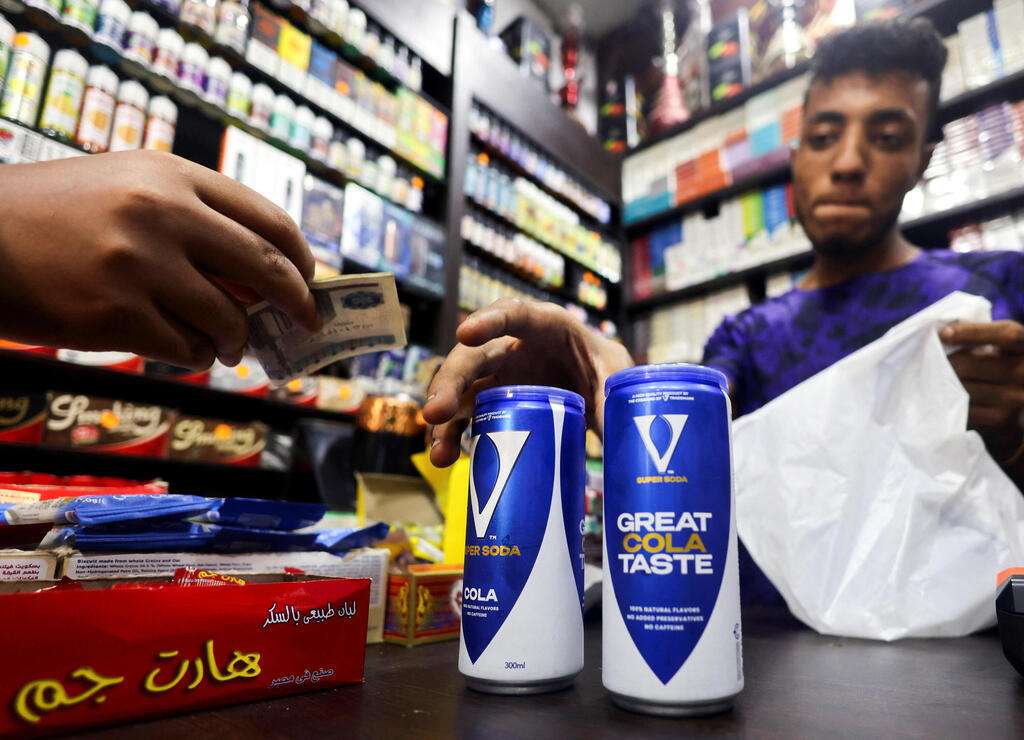Muslim sodas sparkle after coke and Pepsi boycott over Gaza

Right across the Muslim world, the growth of both Pepsi and Cocoa Cola are both facing a hard time because of Gaza’s war, reports Reuters on September 10th.
In the last decades, Coca-Cola and PepsiCo spent a large budget to build a demand for their drinks in Muslim countries together with Egypt and Pakistan. At the moment both companies are struggling to stay in competition with local brands because of the boycotts of the American brands which are linked to Israel and its war in Gaza.
in Egypt, coke sales increased this year, on the other hand local brand V7 exported three times more bottles of its own cola in the Middle East region than last year. In Bangladesh, a protest because of an ad campaign against the boycott lead Coca-Cola to cancel it while in the Middle East, Pepsi’s growth is dealing with a lot of challenges because of the Gaza War.
Sunbal Hassan a Pakistani corporate executive said that she kept coke and Pepsi off her wedding menu in Karachi in April instead she served her wedding with local brands. Mentioning that she didn’t want to spend her money to reach America dearest friend “Israel”.
READ: Gaza: Activists set sail to defy Israel’s blockade
“With the boycott, one can play a part by not contributing to those funds” she explained.
Economically speaking, market analysts NielsenIQ says that even though PepsiCo and Coca-Cola still have growing businesses in several countries in the Middle East, they have suffered a 7% decline in the first six months of the year.
In Pakistan, Kassim Shroff the founder of Krave Mart a leading delivery app .said to Reuters that local brands such as Cola Next and Pakola an ice-cream soda flavored, become famous with an increase of 12% in the soft drinks category claiming that before the boycott it was 2.5%.
Consumer boycotts it’s a method that being used back to the 18th century. In the 20th century the strategy has been used to fight against apartheid in south Africa. In nowadays it a method that is been used widely against Israel together with Divestment and sanctions.
PepsiCo CEO Ramon Laguarta said to Reuters in a July 11 interview «some consumers are deciding to make different options in their purchases because of the political perception” he added that boycotts are “effecting some areas such as Lebanon Pakistan and Egypt, however he claims that they will manage it tough.
READ: Israel turns destroyed towns in Gaza into tourist sites
In 2023 only, PepsiCo’s total revenue from Africa, Middle East and South Asia was 6$ billion, while coca-colas revenue from the same year from Europe, Middle East and Africa was 8$ billion.
Six months later after the Hamas attacks on Israel, and according to data from Coca-Cola HBC the conflict caused a decrease in the volume of coke sold in Egypt by double-digit percentage in the six months.
To defend itself PepsiCo claims that the company doesn’t have any affiliate with any government or military that are part of the conflict meanwhile Coca-Cola said that it doesn’t fund any military operations in Israel or any country.
Zahi Khouri the founder of the Ramallah based coca cola national beverage company said that the company that was opened back in 2016 was destroyed because of the war but no one was harmed, He added that boycotts are a personal choice but it didn’t help the Palestinians. He claims that only ending the occupation would be beneficial.
Reuters
Want to chase the pulse of North Africa?
Subscribe to receive our FREE weekly PDF magazine














